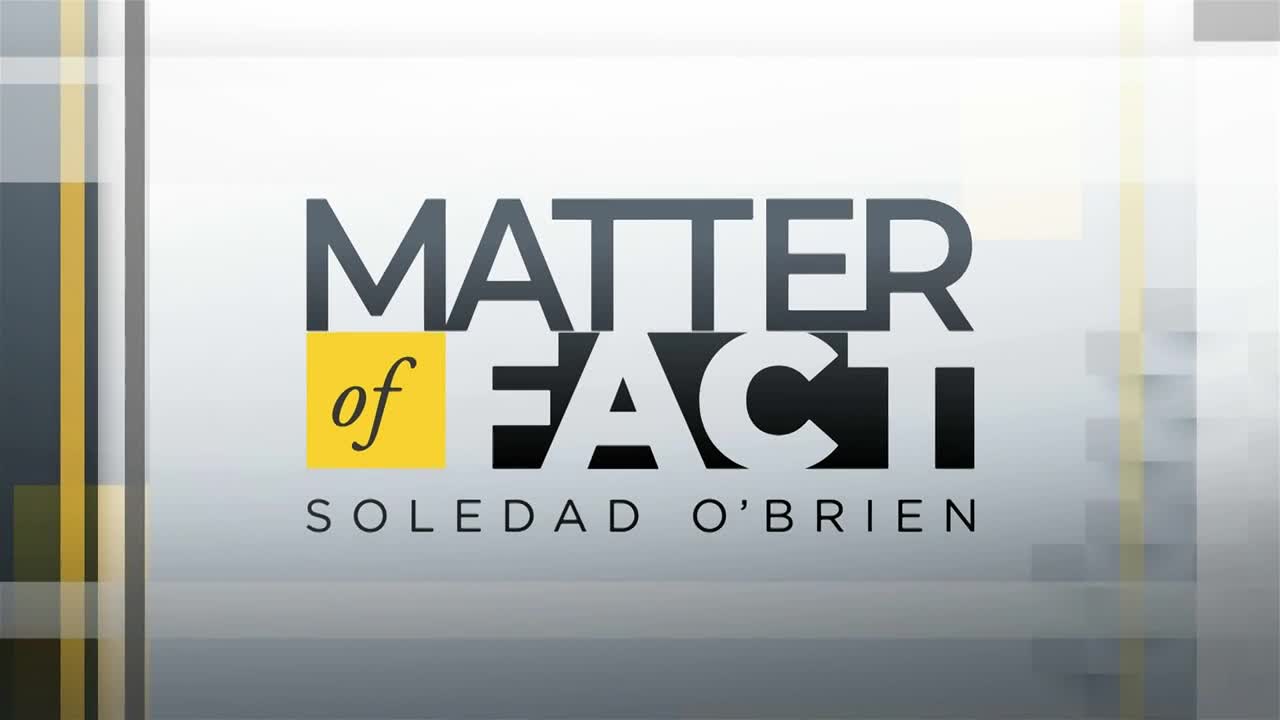
This weekend, we look at voting in America. First, the president is calling for his supporters to “watch” the polls. Why an official poll watcher says that could lead to chaos. Plus, a watchdog group is calling on the media to reveal their election coverage plans. Then, a dark moment in New Jersey’s election history. Special Correspondent Joie Chen shows us how voting measures in 1980 kept some people from going to the polls. And finally, we look at the challenges facing Native American voters, from not enough post offices and polling sites to few voter resources

While all eyes have been on the presidential election, the United States is still struggling to curb the spread of the coronavirus. More than half of our states are seeing a rise in confirmed case numbers. That includes Wisconsin, where the state health department reports new cases are up by more than 500% in the recent months. Officials there say if the current infection rate keeps up, hospitals could run out of ICU beds within weeks. Correspondent Jessica Gomez and photojournalist Scott Curty have been following an ER doctor and his family in the Milwaukee area since the beginning of the pandemic. Here’s a look at their journey.
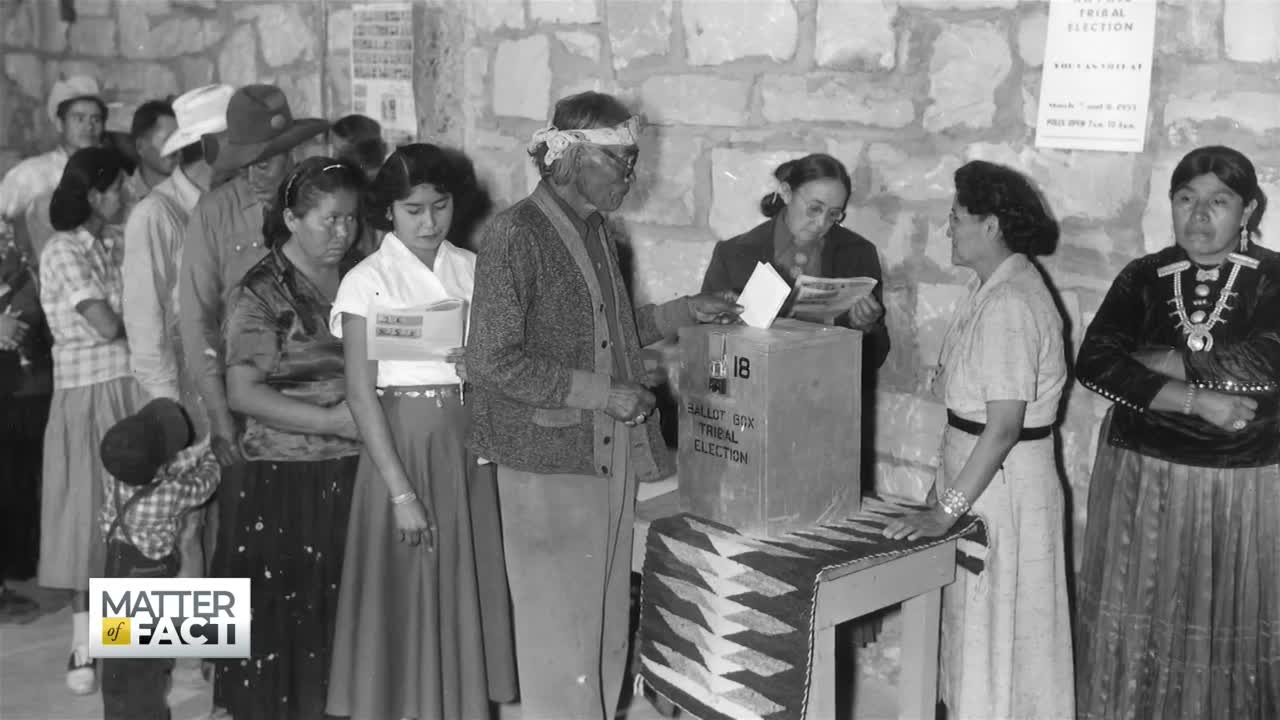
Voting is fundamental to our democracy. But, it took decades for most current day citizens to win the right to vote, including Native Americans. Today, they make up 6% of Arizona’s eligible voters and could be a powerful voting bloc. But that’s only if they can get to the polls. With the help of “Indian Country Today,” Matter of Fact visited the Hopi Reservation to understand the voting challenges Native Americans face.
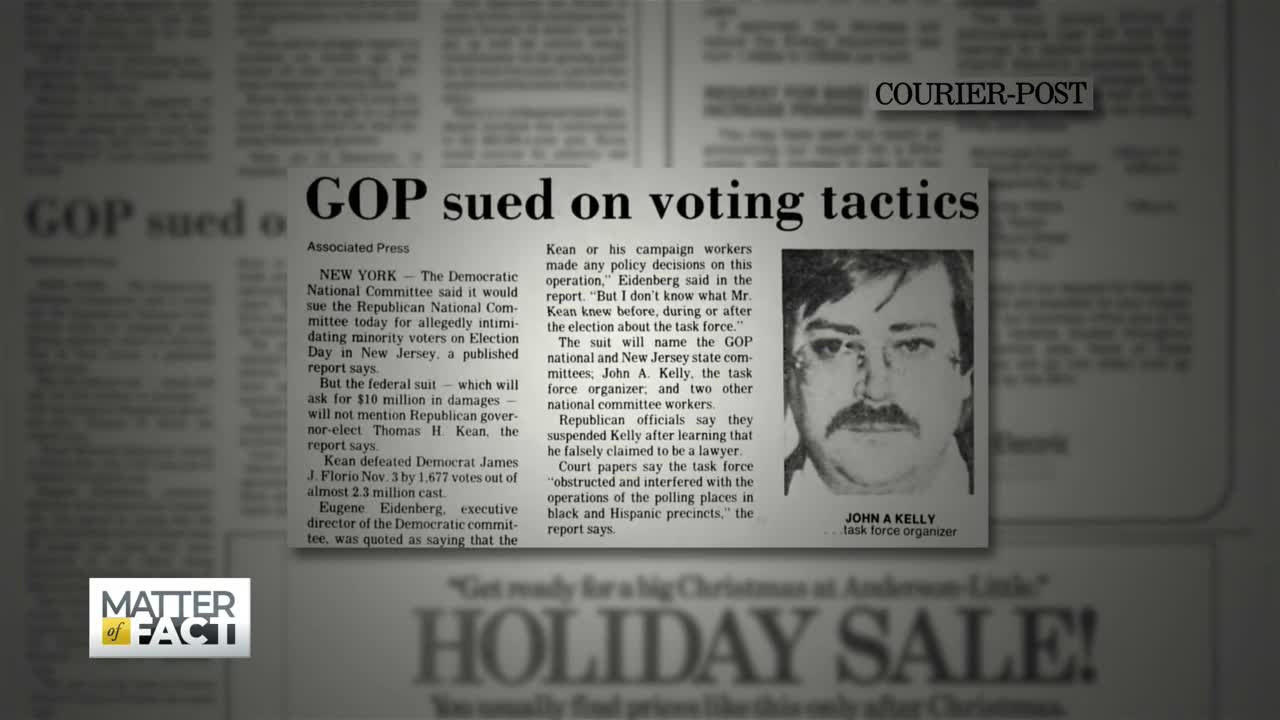
Americans across the U.S. are already turning out in huge numbers for early voting. That includes New Jersey, where more than half as many people who voted in the last presidential contest have already cast their ballots. But nearly 40 years ago, depending on who you ask, voting measures in the Garden State either secured the vote or intimidated voters from going to the polls. Special Correspondent Joie Chen reports.
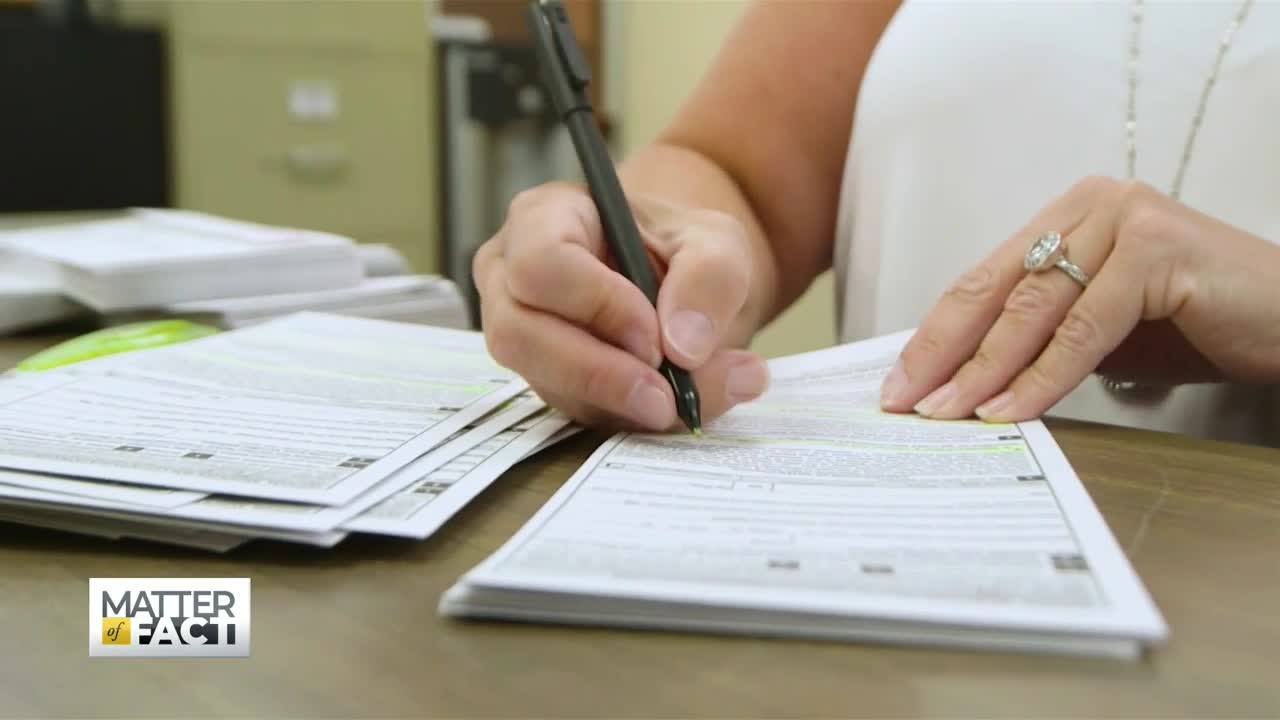
The National Task Force on Election Crisis is keeping tabs on this year’s election. The cross-party watchdog group formed last year and is calling on all media outlets to release their plans for election coverage. Amber McReynolds, Denver’s former Director of Elections, is a trailblazer in the push for mail-in voting and is a member of the task force.
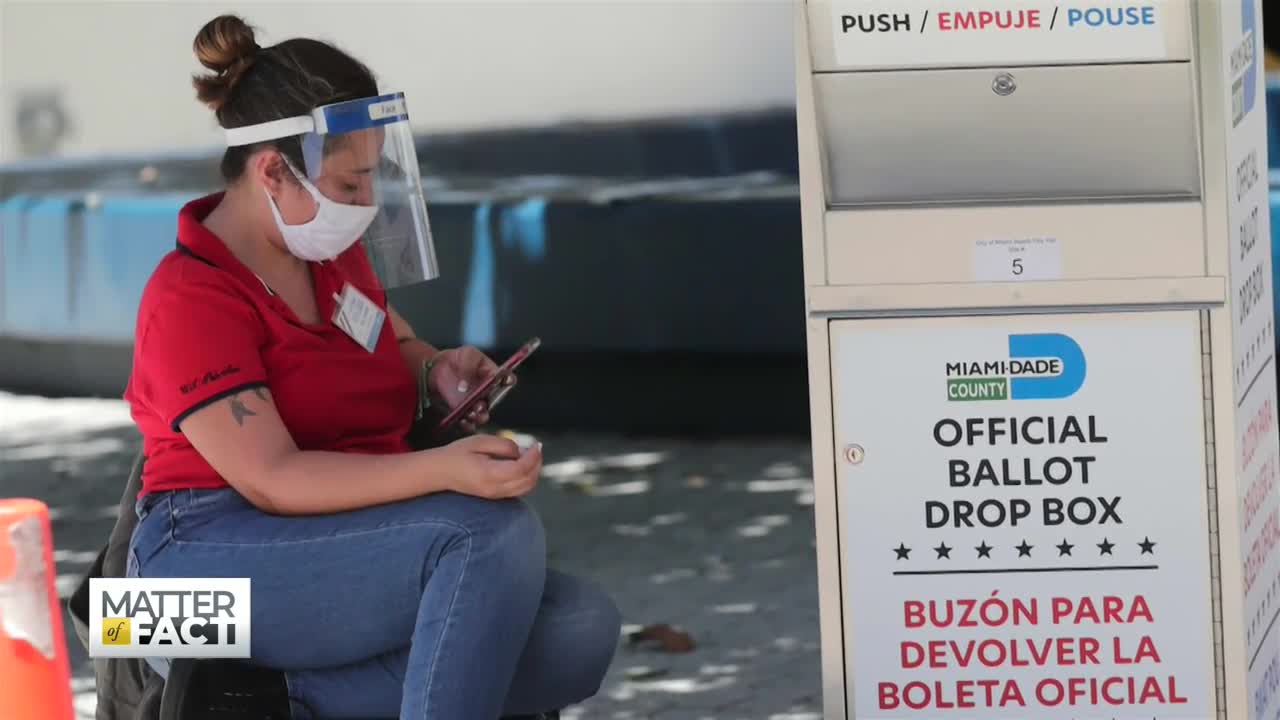
As we get closer to the 2020 Election, there are some fears this year’s voting process might not be secure. A lot of that has been fueled by President Trump, who has called on his supporters to “watch” polling places. But in most places, you can’t just show up at a voting site and say you want to watch; you have to be certified. An official poll watcher explains how it works and why the president’s message could lead to chaos.

This week on Matter of Fact, 537 votes and a Supreme Court ruling made George W. Bush president in 2000. Could we see an election recount in 2020? Soledad O’Brien speaks with Billy Corben, the director of HBO’s documentary “537 Votes.” Then, a group of top conservative strategists are working to take down President Trump. They’re called the Lincoln Project and are running ads against the President in several swing states. Soledad O’Brien speaks with Fred Wellman who says this isn’t about saving the Republican Party. Plus, how do you combat bias in the media? Soledad O’Brien speaks with three prominent journalists: Maria Hinajosa, anchor and executive producer of Latino USA; Luis Rios, director of photography for the San Antonio Express News; and Matter of Fact Special Contributor Joie Chen.
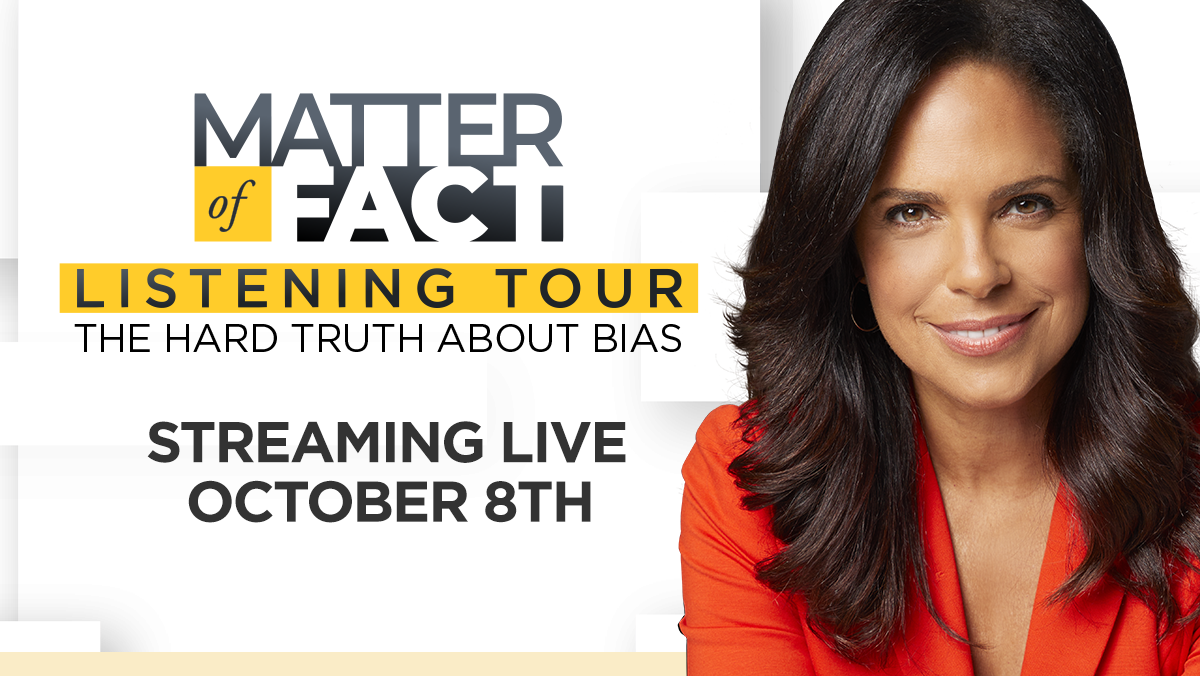
*Mira esta cobertura especial de Matter of Fact: La Verdad de la Parcialidad
The Matter of Fact Listening Tour hosted by Soledad O’Brien centers on the urgent conversation about race, equality and justice.
“The Hard Truth About Bias” features conversations about the relationship of race and privilege; racial stress; the impact of bias in the images and language in our daily news and information; and the creation of stereotypes and how they influence the way we think. A special segment will revisit the landmark 1968 Esquire interview with legendary novelist, playwright, essayist, poet and activist James Baldwin. In addition, the presentation will include a segment bringing together individuals involved in recent public confrontations that have gone viral.
Guests to appear include (in alphabetical order):
“The Hard Truth About Bias” is the first installment of the Listening Tour, with a series of quarterly virtual forums to be presented in 2021.
The ongoing series will advance meaningful conversations about race and social justice, explore approaches and ideas for creating greater opportunities for people of color, and address systems and practices that limit racial equity. The series features authors, researchers, activists, artists, and business leaders, bringing original and substantive insights to this critical national dialogue.
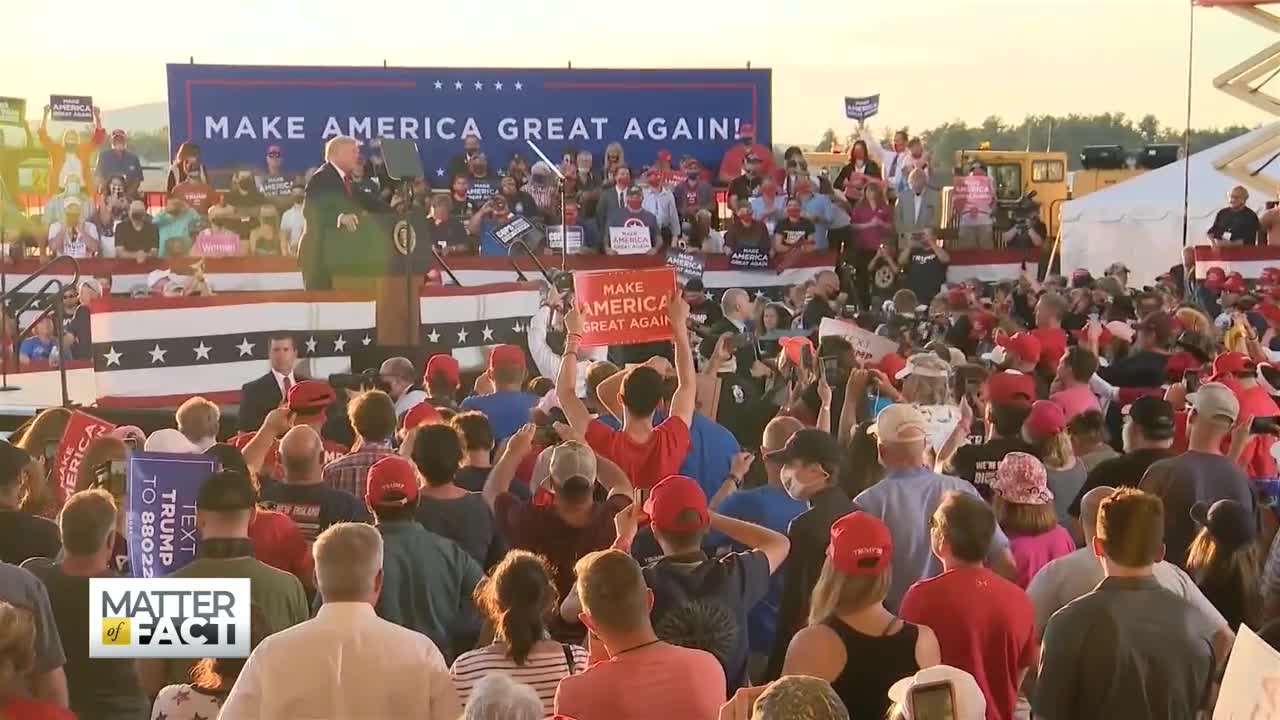
A group of top conservative strategists and GOP operatives are working to get Republican President Donald Trump out of the White House. Nearly a year ago, they announced The Lincoln Project, which they describe as an effort to “defeat President Trump and Trumpism at the ballot box.” While the group says they have big differences with the National Democratic Party, they’re now targeting swing states with anti-Trump ads. U.S. Army veteran Fred Wellman advises The Lincoln Project on Veterans Affairs. He talks with Soledad O’Brien about the Republican Party during the Era of Trump.
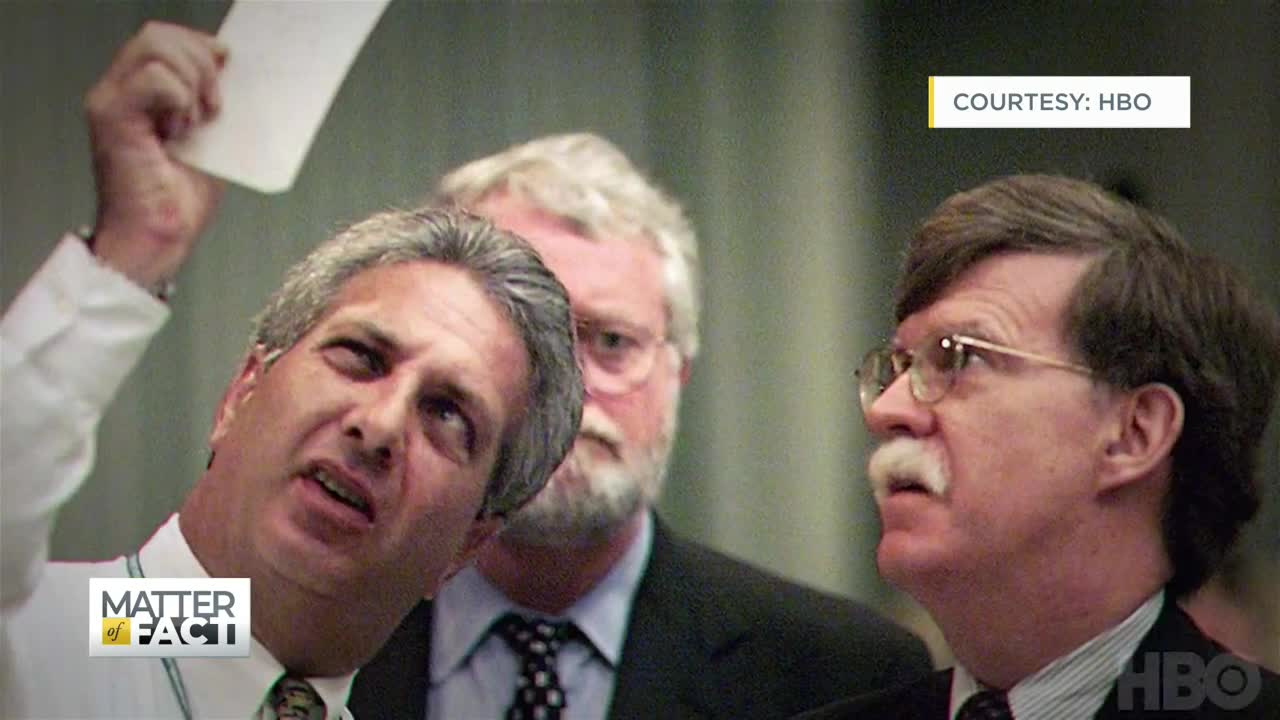
We are a little more than a week away from Election Day 2020. Counting every ballot and determining the winner could take time, especially with more Americans voting by mail. We’ve waited before. In 2000, Texas Gov. George W. Bush and Vice President Al Gore were locked in a legal battle over Florida’s ballots for more than a month. Eventually, a U.S. Supreme Court ruling led to Bush’s victory by just 537 votes. HBO recently released “537 Votes,” a documentary chronicling the events leading up to Florida’s chaotic recount. Soledad O’Brien speaks with Billy Corben, the film’s director about lessons learned.